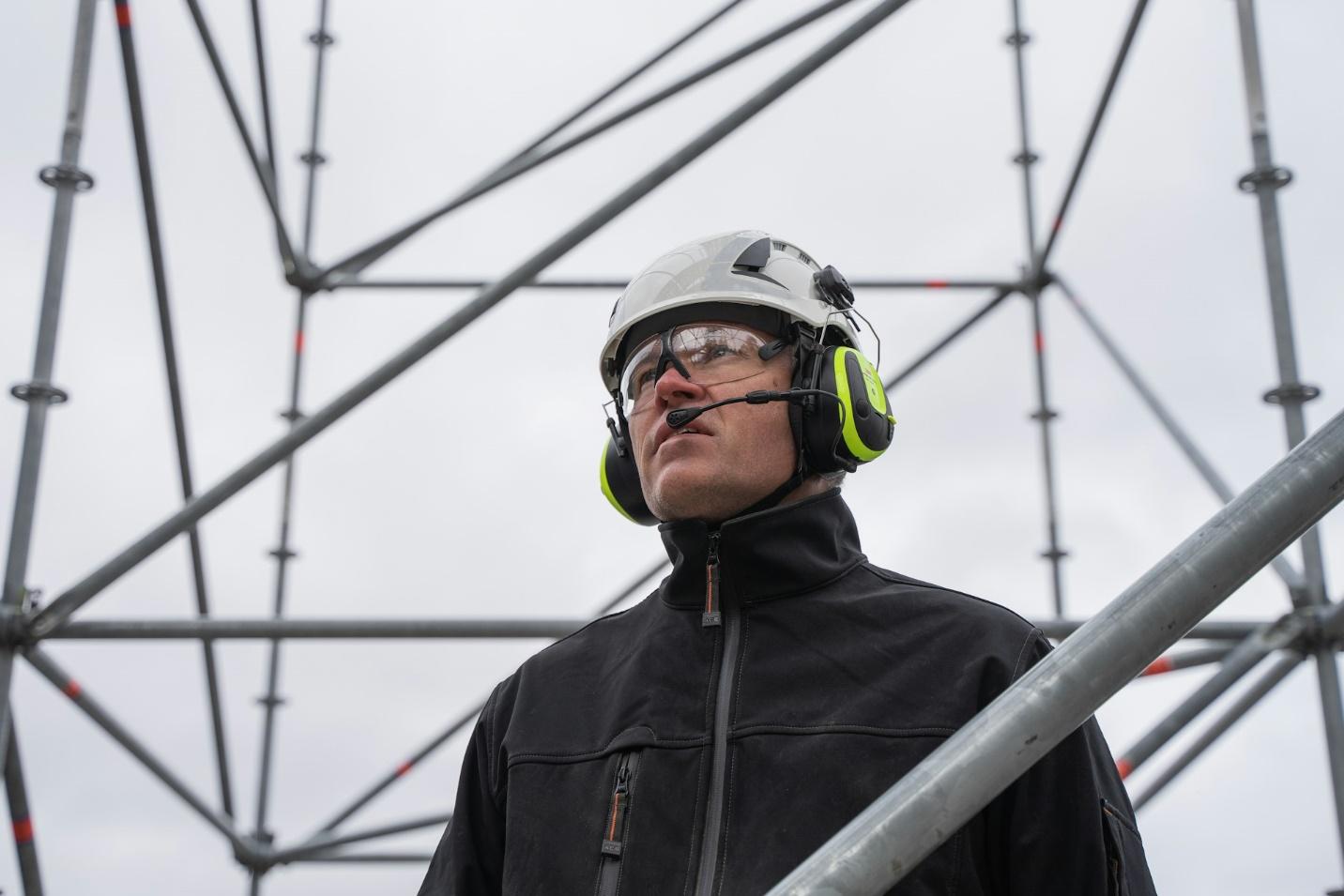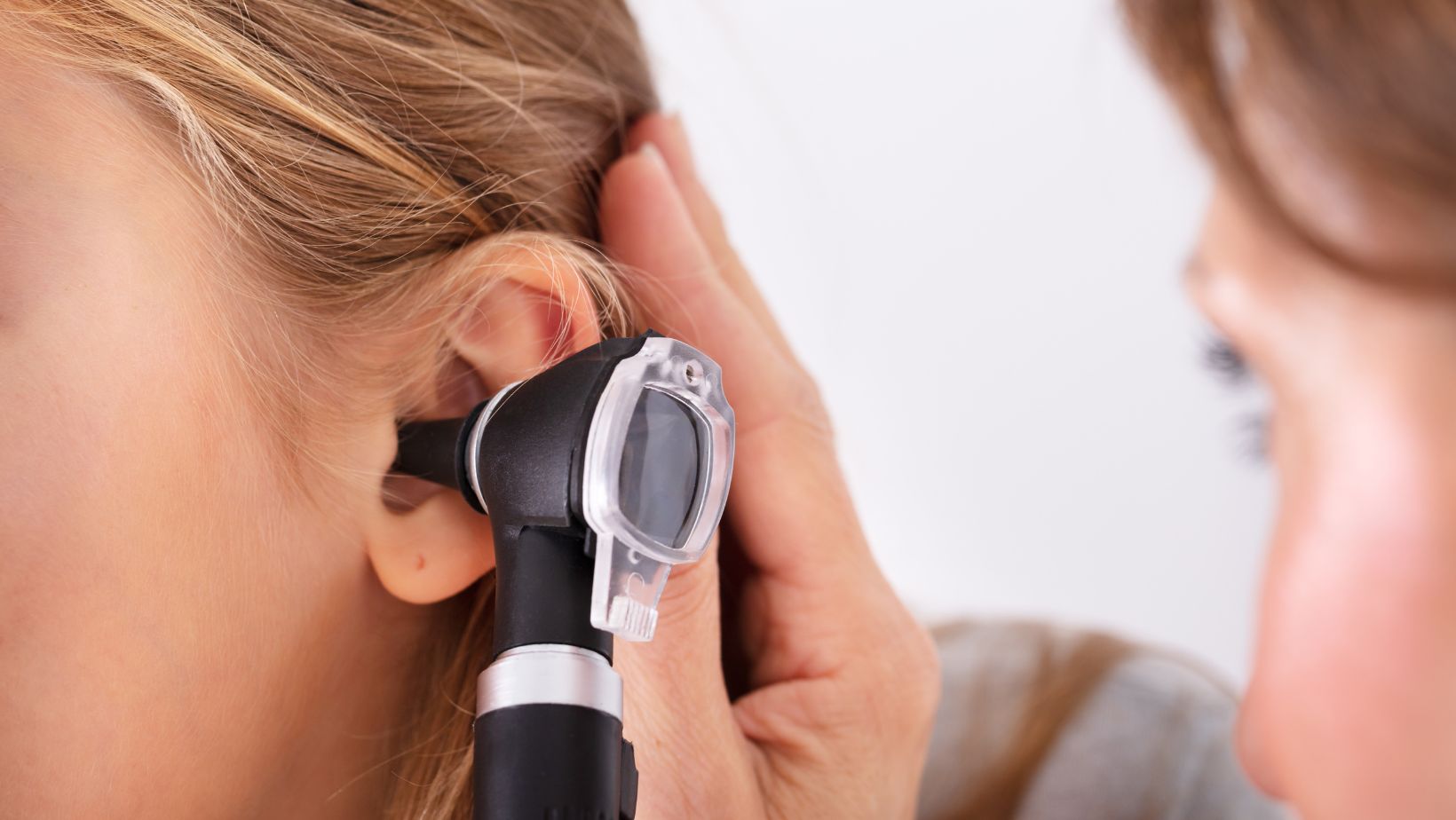
In most cases, hearing loss is an irreversible condition. Hearing loss is typically caused by damage to the hair cells located within our ears. Those hairs vibrate when soundwaves enter our ears, sending those vibrations to the brain where they become interpreted into sound. When those hair cells are damaged, they do not regenerate, meaning that hearing loss is permanent.
There are several reasons those hair cells can become damaged. The most common is age. As we get older, those hair cells die and our hearing declines. Genetics, comorbidities, and specific types of medication can also contribute to the likelihood of developing hearing loss.
Hearing loss can also be caused by exposure to noise, either from long-standing exposure to harmful noises or one-time exposure to a very loud sound, such as a gunshot or fireworks.
Noise-Induced Hearing Loss impacts about 25% of adults under the age of 70 and is the most preventable type of hearing loss. Noise-Induced Hearing Loss is not just a workplace injury, either. Half of those with NIHL do not face significant noise exposure at their workplace.
Preventive hearing care starts with protecting yourself from Noise-Induced Hearing Loss. These tips will help you avoid exposure to loud noises and mitigate damage when you do encounter potentially dangerous noise, as well as other risks to your hearing.
Monitor the Volume on Your Devices
There is a useful rule for keeping your hearing safe when you’re listening to any kind of device that produces sound, whether it’s your T.V., phone, laptop, speakers, or any kind of music or streaming device: the 60-60 rule.
The 60-60 rule is that you should listen at 60% of the maximum volume for no longer than 60 minutes. After 60 minutes of listening, take a break and do something else. This rule prevents consistent overexposure to noise.
Explaining and enforcing this rule with kids can be difficult, and when it comes to teenagers, there is only so much parents can do. However, practicing this habit yourself can protect your own hearing, and instilling this habit early can also protect your children’s hearing as they get older.
Use Headphones Instead of Earbuds
Another way you can protect your ears while listening to the music you love is by using headphones instead of earbuds. Earbuds funnel sound directly into your ear canal due to where they sit. This makes you much more vulnerable to damage from sounds that are too loud. If you have ever been watching television or YouTube and been startled when an ad or a new video sounded much louder than what you were previously watching, you know that sometimes volume can be a surprise.

Not only are headphones safer for your ears than earbuds, but many music enthusiasts insist that headphones provide better-quality sound.
Wear Protective Head Gear at Work
If you work in an industry where you are consistently exposed to loud noises, wearing protective head gear is a must. These industries are some of the most dangerous for hearing loss:
- Construction
- Manufacturing
- Carpentry
- Oil and gas
- Agriculture
- Military
- Mining
Other dangerous occupations include working in industrial laundries, airline ground maintenance, landscaping, trucking, warehousing, and the service industry, especially at entertainment venues. Even dental workers, who are frequently exposed to high-pitched drills at close proximities, can experience work-related hearing loss.
Always wear protective gear for your ears, whether or not that equipment is required by workplace safety rules. Earplugs are a cheap and readily-available solution, though you can also invest in protective earphones that are designed to cancel noise.
Credit: Jimmy Nilsson Masth via Unsplash
Protect Your Ears from Injury
Noise is not the only way that your ears can be injured. Hearing loss can also be caused by external injuries, such as head trauma, pressure changes inside your ears, and even sunburn.
There are techniques that you can learn to avoid injury from pressure changes caused by activities like diving or flying. Underwater techniques to avoid damage from pressure changes include the Valsalva maneuver, which includes pinching your nostrils and blowing through your nose. On an airplane, exercises like frequent swallowing and yawning can help, especially when the plane is landing.
Wearing a helmet when you’re cycling, skating, skiing, or participating in other activities where you are moving at a high speed can protect your head and ears from damage.
Wear Ear Protection at Concerts, Live Sports, and Big Events
When you’re getting ready for a night out at a concert, the big game, or a party, it’s easy to forget about the potential risk to your hearing. However, concerts, stadiums, and clubs can be hazardous to your hearing health.

You do not have to take away any enjoyment by wearing hearing protection. Most events like these are loud enough that even wearing ear protection, you will be able to hear what’s going on.
If you’re concerned about forgetting, buy a couple of pairs of earplugs that you can keep in a purse or jacket pocket so that you can easily slip them on if you find things get too loud on a night out.
Clean Your Ears the Right Way
Noise-Induced Hearing Loss is not the only way you can damage your hearing. You can also damage your ears by cleaning them the wrong way.
Many people believe that they need to clean earwax out on a regular basis. They often use cotton swabs to clean out wax. Unfortunately, cotton swabs can result in injury or infection that leads to permanent ear damage.
Earwax is a helpful material that traps dirt and protects your ears from bacteria. Earwax slowly travels up and out of your ear where it should fall out harmlessly. Cotton swabs often push that wax deeper into your ear canal, where it become impacted, blocking your hearing.
If you do have impacted wax, talk to an audiologist about getting your ears cleaned out professionally.
Researchers also advise avoiding self-applied treatments like ear candles. Ear candles carry a high risk of causing middle ear damage and can lead to burns.
Protecting your hearing is one of the smartest things you can do at any age. Noise-Induced Hearing Loss is preventable if you take a few simple precautions to protect your hearing health.

















